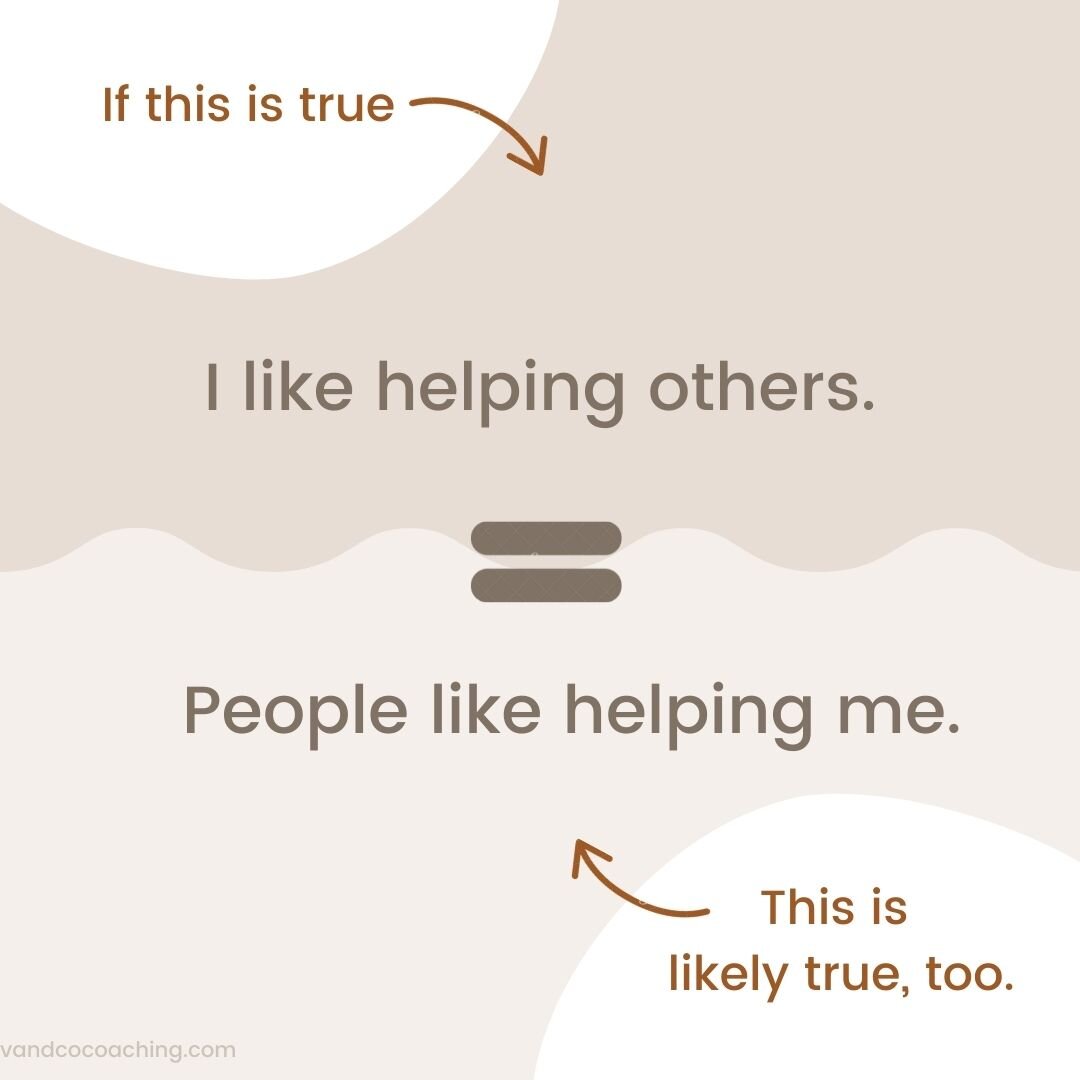Stuck in overdrive?
I had a call with a new client who recently landed his dream job.
He was talking fast and was restless and tense. He admitted he was exhausted from preparing for his job interviews and this effort wasn't sustainable.
I was expecting him to ask me, dream job now firmly in hand, for support in finding a better balance of work and self-care.
I was therefore puzzled when he said that now that he had his dream job he had to push himself even more.
In hindsight, perhaps this shouldn't have surprised me. Hustle culture has created an epidemic of pushing ourselves, comparing ourselves to others, and subscribing to extrinsic values. We’re overwhelmed and have lost track of the intention behind why we started pushing ourselves in the first place.
Happiness expert Shawn Achor says,
"In a world that thrives on competition and individual achievement, we are measuring and pursuing potential all wrong. By pursuing success in isolation - pushing others away as we push ourselves too hard - we are not just limiting our potential, we are becoming more stressed and disconnected than ever."
Overdrive, a state of excessive activity — overworking, overthinking, over-preparing, striving for more — is much rewarded and reinforced. Get the “A.” Get into the best college. Get hired at a FAANG company. Make more money to outbid the others on a house. Get a nanny who speaks 4 languages so your kids, too, will also have the best chance at getting ahead.
It’s no wonder that overdrive is a hard strategy to let go of.
And what about doing less? Being easier on ourselves, more self-compassionate?
Often, I find these suggestions are met with skepticism and resistance.
We’re afraid if we stop pushing ourselves, we will magically forget all of what we wanted in the first place, and therefore fail to get them.
So folks say they want to be less anxious and stressed, but when push comes to shove they don’t want to stop their excessive work in case they miss out.
I propose a middle ground. If overdrive is useful to you, keep it. If it's causing more problems than benefits, change it. All I’m inviting you to consider is that you're honest with yourself and take the time to investigate.
1. Become aware of your symptoms of overdrive.
Overdrive might show up for you as generalized anxiety, stress, shortened patience or irritability, a whirlwind feeling, rushing, acting mindlessly, or guilt if you're not in motion at all times.
2. When you find yourself slipping into overdrive, ask yourself, "Is this useful?"
What purpose is this excessive action serving?
What's the end goal of taking these actions - what universal human need is it meeting for me? Is overdrive actually helping me reach this need?
How is overdrive serving me? How is it not serving me?
3. Choose to continue acting on overdrive — or take steps to implement more useful behaviors.
Some of us, like the client I mentioned, want to keep striving. After all, it's gotten us this far, right? And that's ok.
Some of us might recognize that the tradeoffs aren't worth it, that the stories we've been telling ourselves aren't accurate, that we've bought into an untrue idea, or that what we've been striving for isn't something we really want after all. If so, keep your intentions in mind and take baby steps to implement new more self-compassionate behaviors.





















